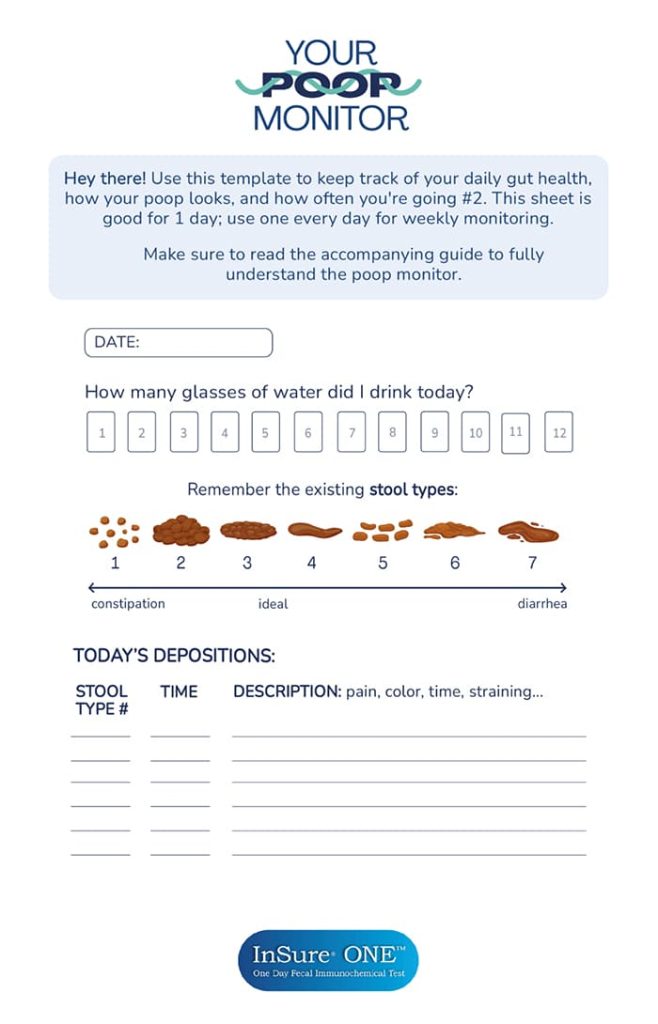As you age, you may notice changes in your digestion that weren’t there before—perhaps that favorite spicy dish doesn’t sit as well, or you find yourself more prone to bloating and discomfort. You’re not alone. Many people experience shifts in their gut health as they grow older.
Your gut is a complex system that plays a vital role in your health, from nutrient absorption to immune function. As the years go by, this system undergoes changes that can affect how you feel day to day. Understanding these changes and knowing how to manage them is key to aging gracefully and maintaining your quality of life.
Common Gut Issues as We Age
As we age, our gut undergoes several changes that can lead to common digestive issues. Here are some of the most prevalent concerns:
- Slower digestion: The muscles in your digestive tract may become less efficient, leading to slower digestion and an increased likelihood of constipation.
- Decreased stomach acid: Lower levels of stomach acid can make it harder for your body to break down food and absorb essential nutrients like vitamin B12, iron, and calcium.
- Increased gas and bloating: Changes in the gut microbiome, along with a slower digestive process, can lead to increased gas production and bloating.
- Diverticulosis: The formation of small pouches in the walls of your intestines, known as diverticula, becomes more common with age and can lead to discomfort or inflammation.
- Increased risk of infections: A weakened immune system and changes in gut bacteria can make you more susceptible to infections like food poisoning.
The Role of the Microbiome in Aging
Your gut microbiome is a collection of trillions of bacteria, viruses, and other microbes living in your gastrointestinal tract. This unique ecosystem is crucial to your overall health and plays an even more significant role as you age. Your microbiome influences everything from digestion to immune function, and changes in this microbial community can have profound effects on your health as you grow older.
As you age, your gut microbiome tends to become less diverse. While some loss of diversity is natural, a significant reduction can be problematic. A diverse microbiome is associated with better health outcomes, including a stronger immune system and better digestion. Studies have shown that individuals in their 80s and beyond who maintain a more unique and diverse microbiome are often healthier than those with less microbial diversity.
Gut Microbiome and Immune Function
Your gut microbiome plays a crucial role in supporting your immune system. As you age, your immune function naturally declines, making you more susceptible to infections and chronic illnesses. However, a healthy gut microbiome can help bolster your immune defenses. Certain beneficial bacteria in your gut help to regulate the immune response, reducing inflammation and protecting against harmful pathogens.
Gut Microbiome and Mental Health
There’s a growing body of research linking gut health to mental well-being. As you age, maintaining a healthy gut microbiome can help support mental health and cognitive function. The gut-brain axis, a communication network between your gut and brain, relies heavily on the health of your microbiome. An imbalance in gut bacteria can lead to increased levels of stress, anxiety, depression, as well as cognitive decline.
Gut Microbiome and Chronic Conditions
Aging is often accompanied by an increased risk of chronic conditions such as type 2 diabetes, heart disease, and arthritis. Your gut microbiome plays a role in managing these conditions. For example, certain gut bacteria are involved in glucose metabolism and reducing inflammation, which are crucial in managing chronic diseases. By maintaining a healthy microbiome, you can reduce the impact of these conditions on your life.
Tips for Maintaining Gut Health as You Age:
Maintaining a healthy gut as you age doesn’t have to be complicated. Here are some practical tips to keep your digestive system in good shape:
- Increase fiber intake: Fiber-rich foods like fruits, vegetables, whole grains, and legumes support a healthy gut microbiome and promote regular bowel movements.
- Stay hydrated: Drinking plenty of water helps to keep your digestive system functioning smoothly and can prevent constipation.
- Consume fermented foods: Foods like yogurt, kefir, sauerkraut, and kimchi are rich in probiotics, which can help replenish beneficial gut bacteria.
- Exercise regularly: Physical activity not only supports overall health but also promotes healthy digestion and a balanced microbiome.
- Get enough sleep: Quality sleep is essential for a healthy gut. Aim for 7-8 hours of sleep per night to support your gut health.
When to Consult a Doctor
While many gut issues can be managed with lifestyle changes, it’s essential to know when to seek medical advice. If you experience severe abdominal pain, unexplained weight loss, changes in bowel habits, or blood in your stool, it’s time to consult a doctor.
Screening for blood is particularly important, as it can be an early sign of serious conditions like colorectal cancer, Crohn’s disease, or ulcerative colitis. You can even use a simple at-home test like InSure ONE to detect hidden blood in your stool.
Understanding how aging affects your gut health is the first step toward maintaining a healthy digestive system as you grow older. By focusing on a healthy diet, staying active, and making other lifestyle adjustments, you can support your gut health and enjoy a better quality of life in your golden years.
References:
- Wiertsema, S. P., van Bergenhenegouwen, J., Garssen, J., & Knippels, L. M. J. (2021). The Interplay between the Gut Microbiome and the Immune System in the Context of Infectious Diseases throughout Life and the Role of Nutrition in Optimizing Treatment Strategies. Nutrients, 13(3), 886. https://doi.org/10.3390/nu13030886
- Xiong, R. G., Li, J., Cheng, J., Zhou, D. D., Wu, S. X., Huang, S. Y., Saimaiti, A., Yang, Z. J., Gan, R. Y., & Li, H. B. (2023). The Role of Gut Microbiota in Anxiety, Depression, and Other Mental Disorders as Well as the Protective Effects of Dietary Components. Nutrients, 15(14), 3258. https://doi.org/10.3390/nu15143258
- Palmnäs-Bédard, M. S. A., Costabile, G., Vetrani, C., Åberg, S., Hjalmarsson, Y., Dicksved, J., Riccardi, G., & Landberg, R. (2022). The human gut microbiota and glucose metabolism: a scoping review of key bacteria and the potential role of SCFAs. The American journal of clinical nutrition, 116(4), 862–874. https://doi.org/10.1093/ajcn/nqac217
- Wilmanski, T., Diener, C., Rappaport, N. et al. Gut microbiome pattern reflects healthy ageing and predicts survival in humans. Nat Metab 3, 274–286 (2021). https://doi.org/10.1038/s42255-021-00348-0

